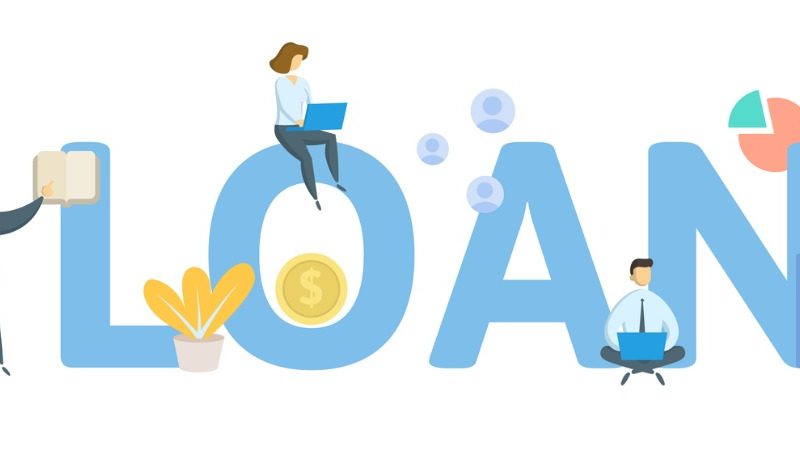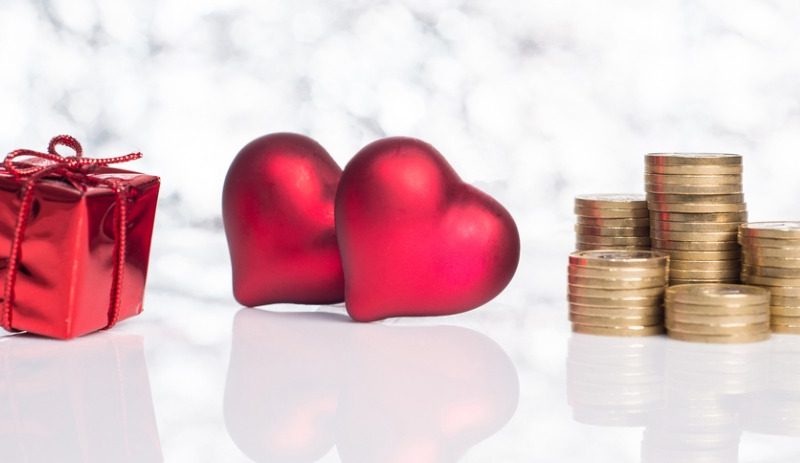Credit cards: What a basic starter credit card will do for you
Can this card help me build my credit?
Your first credit card is your chance to start proving you’re a reliable person to lend to. It’s your chance to show that you can pay what you owe, when you owe it. The more you can be trusted to do it, the better your credit rating will be. Build a good reputation with the card issuer, and that sets you up for them to consider you for some of their other offers and services. So the cheapest card with the least frills is a great place to start building your credit rating. Ideally, you’ll start with as little risk as possible, with the least temptation for you to borrow any more than you can manage to repay. Staying on top of everything gives you the best prospect of building your reputation for being reliable and creditworthy. Pay your credit card bill in full and on time each month, and two good things may happen:
- your payments will be reported to the credit agencies
- you won’t have to pay interest
So the trick is to spend only what you know you’ll be able to pay in full and stay focused on spending within your means.
Not sure what sort of card you should go for? Check out our credit card matrix to help you decide.
How much does it cost to open an account, including the annual fee?
There are plenty of starter cards offering a basic service for a basic cost so you should expect to get a first card that doesn’t charge an annual fee and offers a low interest rate. So what you’ll be looking for is the lowest interest rate, no annual fees, and reasonable credit limits. You might also want to look at a store credit card. That can be a good way to get your first card because the stores are quite ready to approve an application and get another customer spending more money in their shops. It’ll come with fewer benefits and lower spending limits but it can be a good way to use a card responsibly and build up your credit reputation.
Can I graduate to a better card later on?
This first card could be the start of an ongoing relationship with the card issuer. That means if you steadily build up a good record of payment, you could expect them in a while to offer you other cards with more features. That’s a better option than shuffling from one card offer to another on the open market. Why? Because whenever you apply for a new card, the issuer will check your credit and that can take some points off your score. And if you make a whole bunch of applications, you might really have an effect on your credit score because that can give the impression that you could be having financial trouble. (More on closing your credit cards and how it affects your score here.)
Does it have automatic credit limit increases?
Many credit card companies will increase your credit limit automatically, if you show that you’re a responsible credit card user, and use the card enough to warrant a higher limit, so you might want to check that they do that.
The most important thing though is, it’s not which starter credit card that matters as much as what you do with it that really counts.
That means:
Always pay your bill on time. If you think you won’t remember, maybe set up automatic monthly payments from a bank account to make sure it happens.
Pay the balance in full. Any part of the balance that isn’t paid will cost you interest and that can mount your debt up quickly.
Spend only what you can afford to pay at the time of purchase. That way you’ll know there should be enough there when it comes time to pay you monthly account in full.
Be sure to read all your statements.
Don’t get a cash advance. They can be very expensive and can trigger high interest rates and can be a real headache.
And keep a watch on your credit score, right here at Credit Simple.
- Post Tags:
- credit cards
- credit score
Credit Simple
Credit Simple gives all Kiwis free access to their credit score, as well as their detailed credit report. See how your credit score compares by age, gender and community and gain valuable insights into what it all means.
All stories by: Credit Simple


